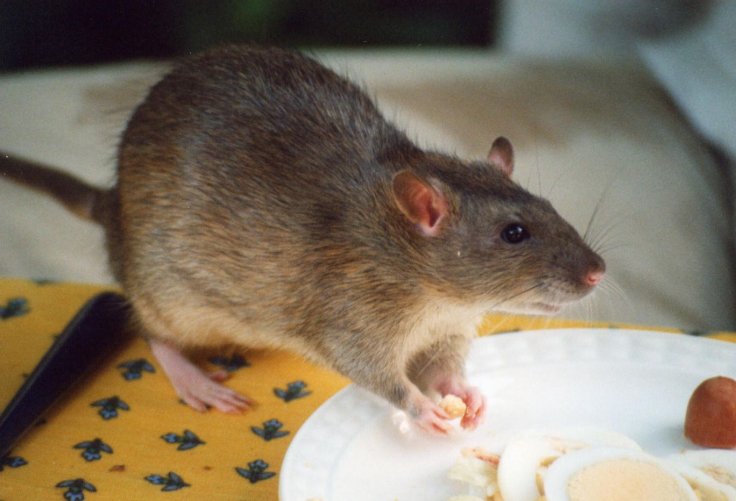Minutes after Chinese media reported the death of a man dying due to hantavirus, the world, already grappling with coronavirus, was thrown into a tizzy with fears arising from every nook and corner of the world.

In a tweet, Global Times reported the death of the man saying: "A person from Yunnan Province died while on his way back to Shandong Province for work on a chartered bus on Monday. He was tested positive for #hantavirus. Other 32 people on bus were tested."
The news of another virus originating from China, the epicentre of the fatal coronavirus, led to hantavirus trending on social media soon after.
What is the hantavirus, its symptoms and cure?
Hantavirus is not a new virus and has been in existence for a long time now. Known as Hantavirus Pulmonary Syndrome (HPS), the respiratory disease, often fatal, is caused after encountering rodents carrying hantaviruses.
According to a report published by the World Health Organisation in 2018, humans are infected with the virus "primarily through inhalation of aerosols or contact with infected rodent excreta, droppings, or saliva of infected rodents."
The US Centres for Disease Control and Prevention (CDC) outlines the initial symptoms for hantavirus as fatigue, fever, muscle ache, headaches, dizziness, chills, and stomach problems. The late symptoms of the virus, which appear between the period of 4-10 days, include shortness of breath and lungs filled with fluid.
Once the virus enters the lungs, it begins to damage capillaries, the tiny blood vessels, causing them to leak. Thereafter, the lungs are filled with fluid leading to severe respiratory problems.
The hantavirus infection does not have any specific treatment, vaccine or cure other than early detection followed by medical care in an Intensive Care Unit. In case of extreme respiratory difficulty, the patient is intubated. However, in case of late discovery, it is difficult for the patient to survive.
How is hantavirus different from coronavirus?
Also called the 'New World' in America, the hantavirus is far different from the recently discovered coronavirus, also called as COVID-19.
Unlike, hantavirus, which is transmitted from rodent to humans, COVID-19 is transferred from human to human, with no reported case of spread from animals to humans until now.
Further, hantavirus spreads only after one touches one's eyes, nose or mouth soon after coming in contact with rodent droppings, urine, or nesting materials. Coronavirus can spread by coming in close contact with the infected person or its fluids. The CDC also says that hantavirus can be contracted by inhaling the airborne virus-containing particles.
Furthermore, the hantavirus did not originate from China, the epicentre of COVID-19, and has been reported in different parts of the world, including the US.
According to CDC, the disease with a fatal rate of 38 per cent, was first documented in the US in 1993 following an outbreak of severe respiratory illness in the Arizona, New Mexico, Colorado and Utah, also called the 'The Four Corners.' In 1995, the HPS was recognised as a nationally notifiable disease and included in the Nationally Notifiable Disease Surveillance System (NNDSS).









